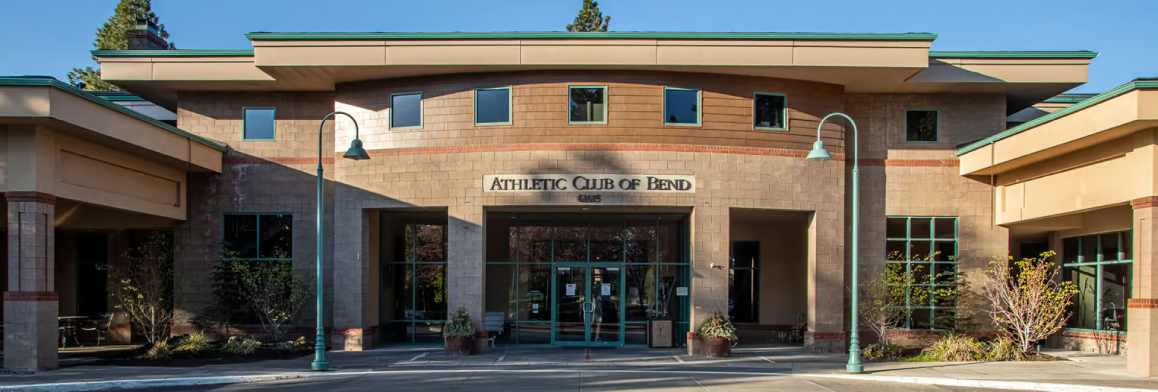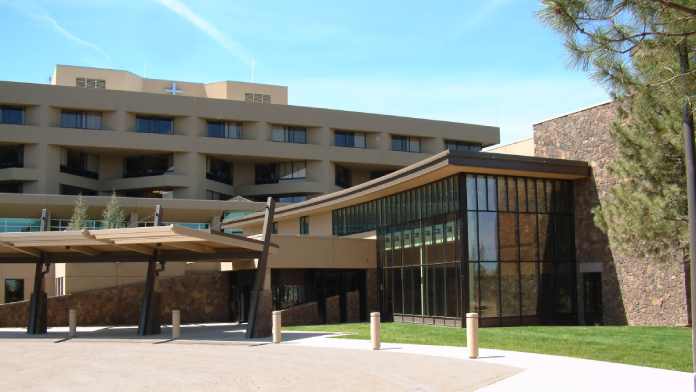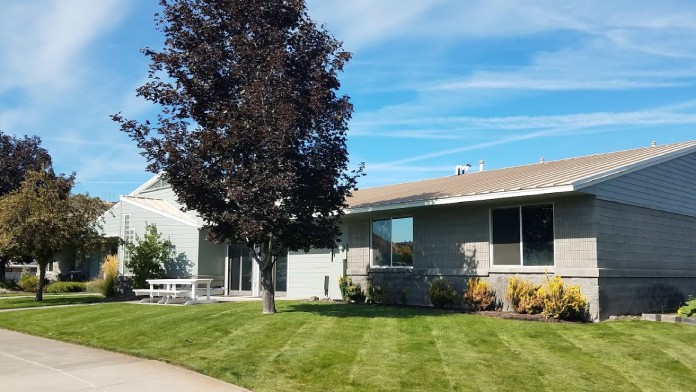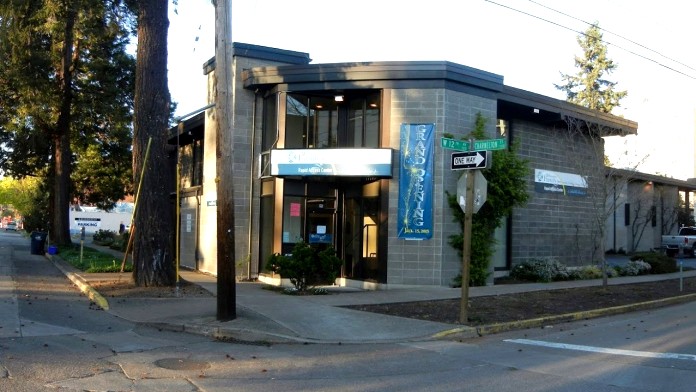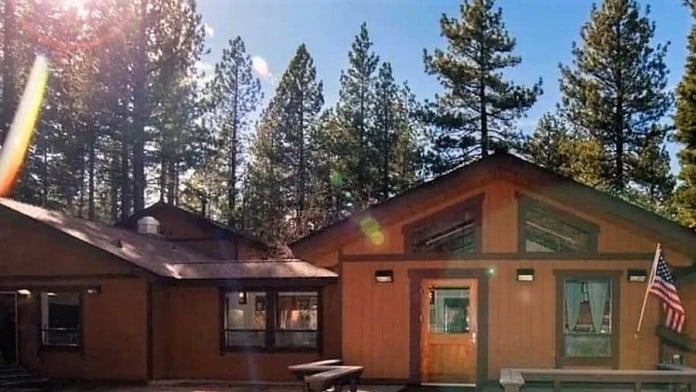Honestly it was intense but so worth it. I didn’t expect to connect so fast with the other girls. We had real talks, not fake stuff. I still wish there was more support for school stuff tho. But I finally feel like I got control again.
About Embark Behavioral Health
Embark Behavioral Health is a national provider of mental health treatment for youth and young adults. They offer a network of residential and outpatient centers. In Bend, Oregon, their residential treatment center serves youth aged 10-14 who are struggling with behavioral health issues. Their beautiful facility on a tranquil tree-filled campus gives young people a safe and comfortable space to grow.
Inpatient Mental Health Support for Youth
Embark Behavioral Health provides 24/7 comprehensive support. Whether your teen is dealing with suicidal thoughts, self-harm, substance use, or other mental health challenges, Embark can help.
I appreciate that they focus on family-centered healing. Parents play a big role in the healing process. Staff will support your family in rebuilding trust and connection.
This residential facility has an onsite school to maintain and improve your child’s academic success. They also provide cultural learning, musical activities and reading and library activities.
Structured Residential Recovery for Teens in Bend
During their time at Embark, youth will have a structured daily schedule that promotes recovery. I appreciate that they target each aspect of a person’s self including emotional, physical, social, intellectual and spiritual. Each resident will have a customized treatment plan that is designed to support their specific needs, interests and goals.
They offer rock climbing, swimming, hiking and other outdoor activities. Social activities are varied and include laser tag, karaoke, cookouts and community gatherings. Spiritual awareness will come from time in nature, grounding and meditation skills, yoga and dance.
Typical days include a healthy breakfast followed by yoga or meditation. Your youth will then participate in a range of individual and group therapies. They’ll also join in therapeutic activities like gardening, hiking, horsemanship and poetry.
Latest Reviews
Rehab Score
Gallery
Accepted Insurance
Other Forms of Payment
Private insurance refers to any kind of healthcare coverage that isn't from the state or federal government. This includes individual and family plans offered by an employer or purchased from the Insurance Marketplace. Every plan will have different requirements and out of pocket costs so be sure to get the full details before you start treatment.
Self-pay involves paying for treatment out of your own pocket. You can use savings or credit, get a personal loan, or receive help from family and friends to fund your treatment. If you don't have insurance or your insurance plan doesn't cover a specific program, self-pay can help ensure you still get the care you need.
Addiction Treatments
Levels of Care
Residential treatment programs are those that offer housing and meals in addition to substance abuse treatment. Rehab facilities that offer residential treatment allow patients to focus solely on recovery, in an environment totally separate from their lives. Some rehab centers specialize in short-term residential treatment (a few days to a week or two), while others solely provide treatment on a long-term basis (several weeks to months). Some offer both, and tailor treatment to the patient's individual requirements.
Treatments
Mental health rehabs focus on helping individuals recover from mental illnesses like bipolar disorder, clinical depression, anxiety disorders, schizophrenia, and more. Mental health professionals at these facilities are trained to understand and treat mental health issues, both in individual and group settings.
Programs
Young adulthood can be an exciting, yet difficult, time of transition. Individuals in their late teens to mid-20s face unique stressors related to school, jobs, families, and social circles, which can lead to a rise in substance use. Rehab centers with dedicated young adult programs will include activities and amenities that cater to this age group, with an emphasis on specialized counseling, peer socialization, and ongoing aftercare.
Clinical Services
Group therapy sessions build community among participants. This community spirit creates strong bonds that support your path to recovery. The group setting offers you the opportunity to share experiences and goals in a judgment free environment.
In individual therapy, a patient meets one-on-one with a trained psychologist or counselor. Therapy is a pivotal part of effective substance abuse treatment, as it often covers root causes of addiction, including challenges faced by the patient in their social, family, and work/school life.
During trauma theory, you can explore the impact that traumatic events had on your life in a safe and supportive space. Your therapist will guide you in understanding your emotional and physical trauma responses while helping you to develop better coping skills so you can reclaim your life.
Research clearly demonstrates that recovery is far more successful and sustainable when loved ones like family members participate in rehab and substance abuse treatment. Genetic factors may be at play when it comes to drug and alcohol addiction, as well as mental health issues. Family dynamics often play a critical role in addiction triggers, and if properly educated, family members can be a strong source of support when it comes to rehabilitation.
Experiential therapy is a form of therapy in which clients are encouraged to surface and work through subconscious issues by engaging in real-time experiences. Experiential therapy departs from traditional talk therapy by involving the body, and having clients engage in activities, movements, and physical and emotional expression. This can involve role-play or using props (which can include other people). Experiential therapy can help people process trauma, memories, and emotion quickly, deeply, and in a lasting fashion, leading to substantial and impactful healing.
Amenities
-
Private Rooms
-
Hiking
Staff & Accreditations
Staff
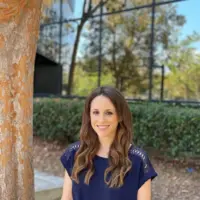
Jessica Anne Breton, M.A., LMFT
Executive Director
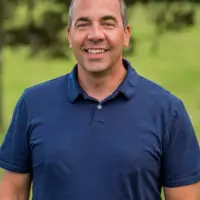
David Chiarito, MS
Executive Director Flathead Valley
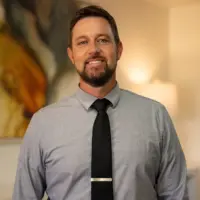
Dan Cox
Executive Director
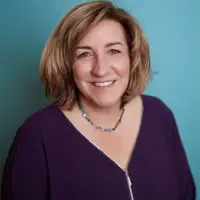
Helene Creasy, LCSW, MBA
Executive Director Main Line, Poconos
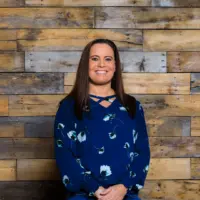
Nicole Fuglsang, MA, LPC, NCC
CEO Calo Programs
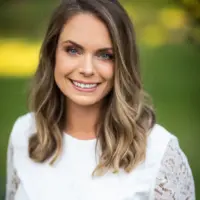
Lani Grogan
Executive Director
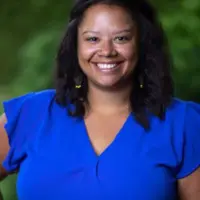
Mackenzie Hall, BS
Executive Director
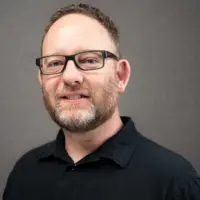
Chris Johstoneaux, LCSW
Executive Director
Accreditations

The Joint Commission, formerly known as JCAHO, is a nonprofit organization that accredits rehab organizations and programs. Founded in 1951, the Joint Commision's mission is to improve the quality of patient care and demonstrating the quality of patient care.
Joint Commission Accreditation: Yes
Contact Information
160 SW Scalehouse Loop
Bend, OR 97702
